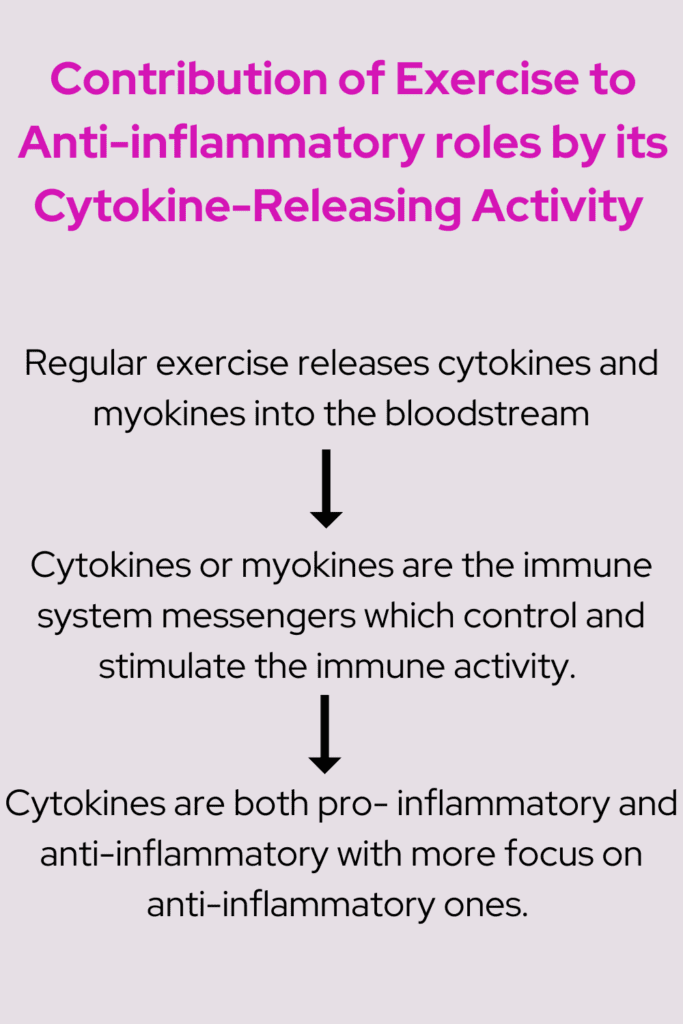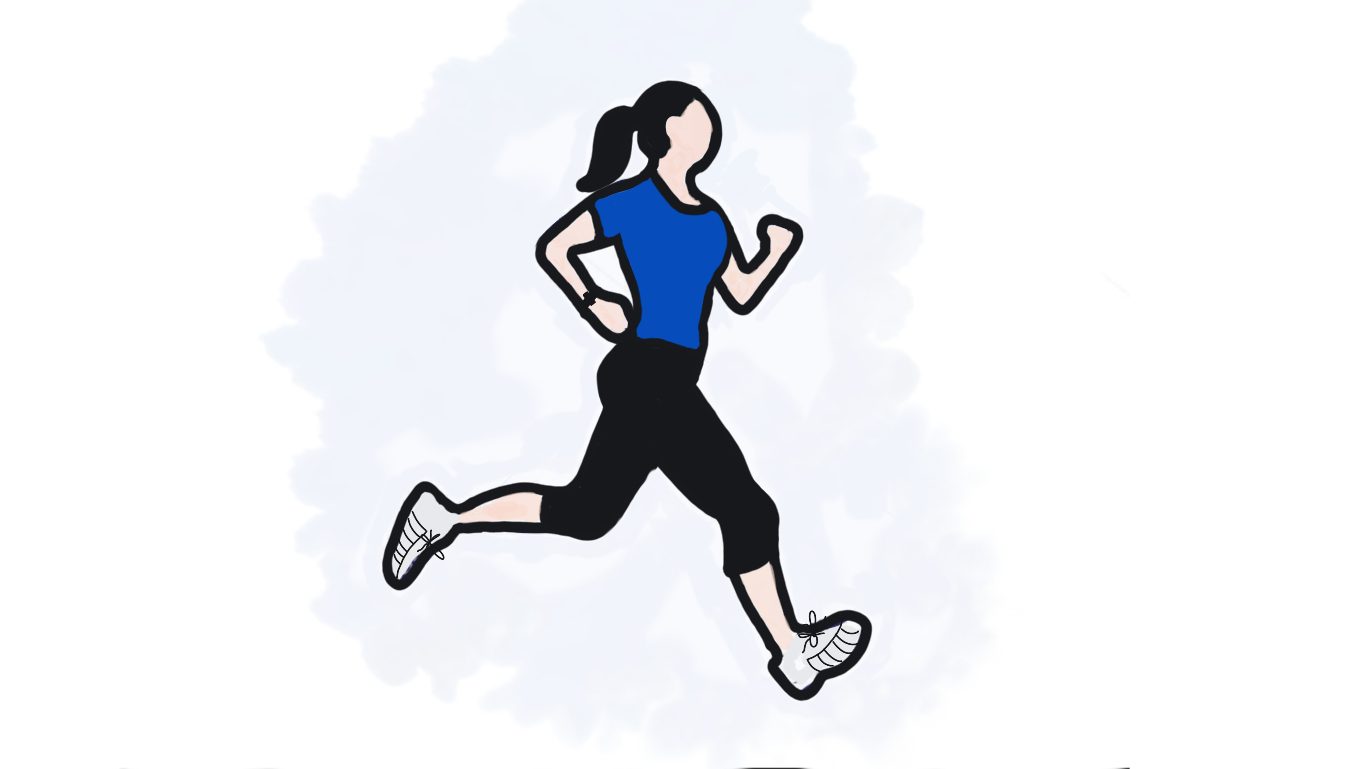Regulation of immune health should be the top priority. Imagine your body as a city with its complex infrastructure, and immune health is the shield that works to keep your body free from invaders. No matter how much the city is well-connected or organized, if the shield wall is not capable of providing enough guards, it is not among the developed cities (healthy bodies). A shield wall (immune health) is an intact team of workers, including the workers who transmit signals (signaling proteins), build or repair walls ( tissue repair), regulate the overall activity (cytokines), and perform the action task (destruction of pathogens by neutrophils).
So, in general, regulating immune health is vital for ensuring the safety of one’s body. For this purpose, there are numerous ways to boost the immune health. First, we will consider these ways in general.
General Ways To Polish Immune Health
Our behavior plays a pivotal role in strengthening the immune health. The way we make our routine, the way we eat, and the way we engage ourselves in our routine determine the activity of immune health. Let’s break them step by step.
Dietary Habits
The concern of nutrition is always pursued in every aspect of our health, The Same can be assumed here. Probiotics, namely yogurt and kefir, improve gut health. A happy gut microbiome is believed to refine immune health. The gut has a miscellaneous role in making behavioral and immune health better. Vitamin C assists in the production of white blood cells and boosts their functional abilities. In case you don’t know, white blood cells are protagonists in immune health. Vitamin D also has a role in boosting the function of white blood cells.
Garlic is well-known for having allicin. Allicin is anti-microbial and helps the immune system in fighting against intruders. Green tea is a good staple for inducing fighting properties in our bodies. Green tea contains anti-oxidants and enhances immune functions. The contribution of nutrition in immune health is a whole world to understand, so we should continue to move on here.
Stress Lessening Effect
Stress is a concerning factor that can half-heartedly affect immune functioning. Prolonged introduction of stress to the body systems can result in a powerless immune health. Chronic stress affects the functioning of white blood, impacting their communication and the speed of their action. Not going into much deeper details, stress overall depresses the body vitality, severely disturbing immune health. Therefore, it is advised to avoid chronic stress for an effective shield wall functioning.
Deep Sleep
The quality of sleep we get is directly proportional to the operability of immune cells. When a person acquires a deep sleep, the immune system releases cytokines in the body. These cytokines regulate immune health by maintaining a balance between the inflammatory and non-inflammatory roles of the immune system.
Regular Minimal Exercise
Regular moderate exercise augments the immune functioning in multiple ways. These ways are described below for a thorough understanding.
6 Ways By Which Exercise Facilitates The Immune Health
Exercise boosts immune health in several ways. These ways are complex and require advance medical knowledge. Following is an overview of how exercise strengthens the immune functioning in a simplified manner.
1. Anti-inflammatory Effect (The Detailed Overview of Inflammation And The Role of Cytokines in Immune Health)
Inflammation is the natural strategy of body to make the brain think or comprehend the presence of unknown or dangerous particles. These invaders can be bacteria, viruses, or any pathogen that is unknown to the body’s circulatory system. Endogenous bodies (bodies already present inside the body but are not beneficial) can also provoke inflammation in the case of any damaged cell or tissue. The sole purpose of initiating inflammatory mechanisms is to get rid of disturbing bodies. Sometimes, inflammation persists from the set period and causes complications.
The Role of Cytokines in Immune Health
Cytokines are the communication devices for maintaining the contact to sustain immune health. Regular exercise on gentle basis to high extremities activate the release of cytokines in the bloodstream. They interpret the stimulus, send signals to immune cells, help to get them recruited at the required site, and also check the overall activity.
Cytokines can be pro-inflammatory or non-inflammatory depending upon the requirement of the condition. When the brain deciphers a disturbing body, it activates the immune system mechanism. The immune system releases cytokines for the communication between immune cells. At this time, immune cells release pro-inflammatory cytokines to incite inflammation for getting the advantage of immune health. Pro-inflammatory cytokines send signals to immune cells and help them in their recruitment. Inflammation occurs in a series of events.
Briefly explained, the blood vessels widen to provide a free path for immune cells to reach the site of invasion or injury. White blood cells, particularly neutrophils and macrophages, play a decisive role in fighting the intruding bodies. In this process, the area becomes tender due to the robust activity of immune cells.
Cytokines that Stabilize Other Cytokines
After the activity is done, the immune system commands immune cells to get a break and shift back to their positions. For this purpose, the immune system releases cytokines that are non-inflammatory and behave as elders to stabilize energetic kids (inflammatory cytokines). Examples of non-inflammatory cytokines are Interleukin-10 (IL-10) and Interleukin-1 Receptor Antagonist (IL-1ra). IL-10 and IL-1ra regulate the process of inflammation. Sometimes, the inflammatory response becomes too vigorous that it becomes difficult to handle. In such cases, these two non-inflammatory cytokines play a defensive role and maintain immune health protective roles.

In correspondence with regular exercise, the body produces these non-inflammatory cytokines to control the inflammatory processes taking place in our body. Besides the secretion of cytokines, physical exercise helps in the degradation of fat tissues (adipose tissues). In the breakdown of Adipose tissues, adiponectin is produced. Adiponectin has an anti-inflammatory role in the first place. Exercise stimulates fat metabolism, and as a result, adiponectin is produced with its anti-inflammatory properties. So, regular moderate exercise kindles the release of non-inflammatory substances in multiple ways (and these are just the two ways).
2. Vasodilatory Effect
Exercise incites vasodilation, making the blood vessels wide. Vasodilation improves the blood flow and allows immune cells (neutrophils and macrophages) to move freely and speedily to the infection site. Exercise helps in the recruitment of immune cells by providing unrestrictive and a broader path to them.
3. Stress Alleviating Effect
The body takes physical exercise as a form of stress and in response, produces endorphins. Endorphins are natural painkillers that lessen the perception of pain and trigger a calming effect. The relaxing effect of endorphins is significant in stress reduction. That’s why it is advised to engage your body in any activity to trigger the release of endorphins. Besides endorphin release, the body also has some other mechanisms to control stress. You can read: How does physical exercise impact our mental health?
4. White Blood Cell Production
Exercise triggers the production of white blood cells in the bone marrow. As explained above, the body takes the physical activity as a form of stress. To counteract this stress, it sends signals to boost the production of immune cells, including white blood cells. White blood cells make up the major portion of the immune system and fight against pathogens and damaged tissues.
5. Elevated Temperature
Strenuous physical exercise elevates the body temperature and makes the body generate heat. Many pathogens (bacteria and viruses) are reluctant to heat and denature in high-heat environments. Consequently, by doing exercise, you are making your pathogens ultimately die or not attack the body in the first place.
6. Fully-Nourished Sleep
Rigorous or moderate physical activity during the daytime regulates circadian rhythms. Circadian rhythm regulation fortifies the quality of melatonin produced at night. Melatonin is a neurotransmitter that induces sleep at night. High-quality sleep, acquired due to melatonin production, boost immunity. During deep and restorative sleep, the body produces cytokines in the body. Cytokines facilitate the immune process. The whole mechanism is described above.





Hi, I check your blog regularly. Your story-telling style is witty, keep up the good work!
I’ve been browsing online more than 4 hours today, yet
I never found any interesting article like yours.
It is pretty worth enough for me. Personally, if all website owners and bloggers made good content as you did,
the net will be much more useful than ever before.
Thanks Anna for your encouraging words.